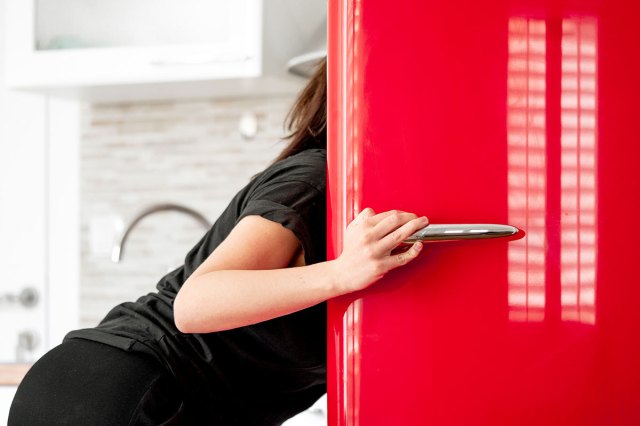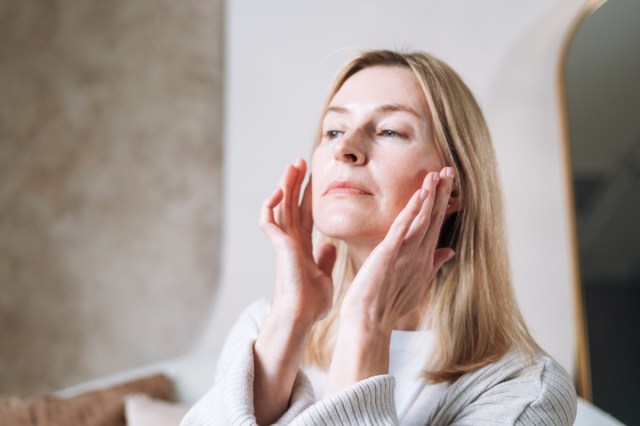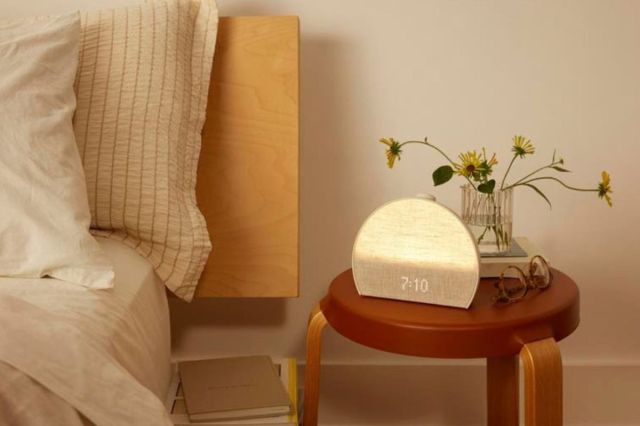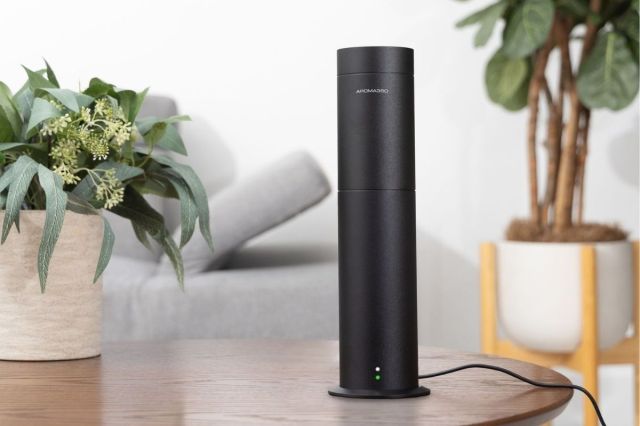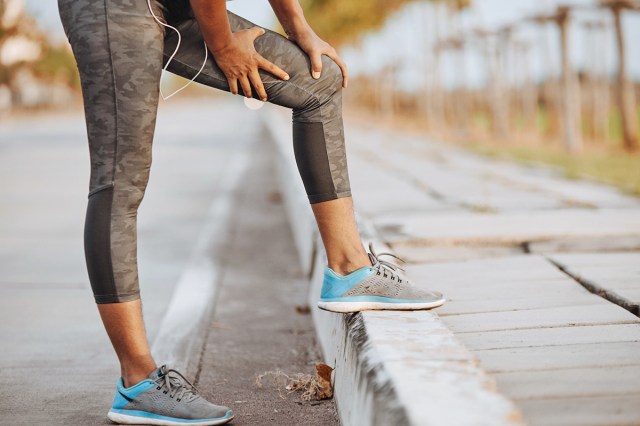Everyone wants a good night’s sleep, but it’s often easier said than done. Stress and anxiety can keep us up later than we’d like, leaving us tossing, turning, and looking for relief. (And don’t get us started on the late-night effects of caffeine.) However, before you turn to supplements and sleep aids, consider changing your routine. Healthier habits such as keeping your sleeping space tidy and non-traditional treatments, including — yes — sticking your head in the freezer, will pay off at bedtime, helping you count sheep in no time.
All featured products and deals are selected independently and objectively by the author. Better Report may receive a share of sales via affiliate links in content.
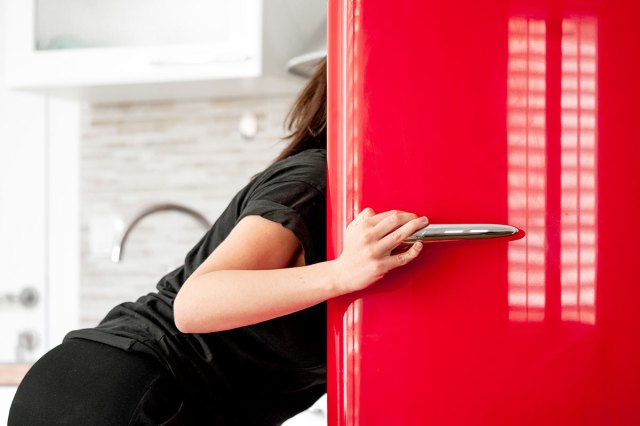
Stick Your Head in the Freezer
Caffeine may give you the energy boost you need to get through the day, but it also makes it difficult to wind down at night. Consuming coffee up to six hours before bedtime can disrupt your sleep cycle. The next time you think about brewing a cup of coffee in the afternoon, stick your head in the freezer for a few seconds instead. The blast of cold air will activate the body’s arousal system, boosting energy levels. Best of all, no chemicals are involved, allowing your energy boost to wane gradually by bedtime.
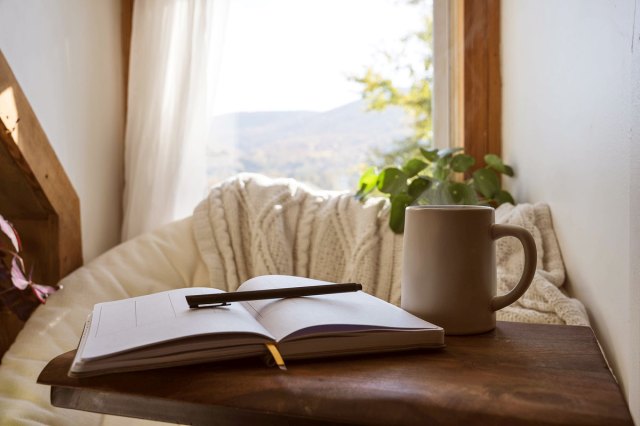
Schedule Time With Your Thoughts
Stress and anxiety are often unavoidable. To combat your worries, dedicate 15 minutes during the day to think about serious issues, journal your thoughts, and brainstorm solutions. Doing this early in the day gives you ample time to calm down and relax before bed.

Keep Your Sleeping Space Tidy
Scattered papers and clothes can do more damage than simply making your bedroom look messy. Research shows that untidy spaces cause anxiety, leading to a lack of quality sleep. Decluttering your bedroom helps free you from worrying about future obligations. In a pinch, you can even put everything underneath your bed — it may not be ideal, but keeping the mess out of sight will help lead to a better night’s rest.
Reader Favorites
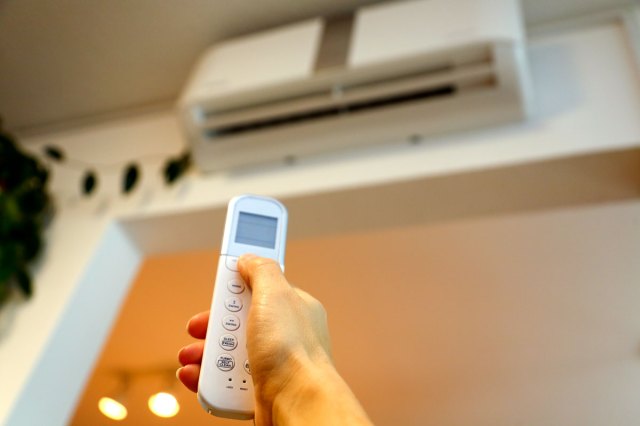
Adjust Your Sleeping Environment
Too much light exposure can negatively affect the body’s circadian rhythm. Keep your bedroom as dark as possible by turning your television off before you sleep and investing in blackout shades or curtains to keep any light out. Temperature also plays a big part in a good night’s sleep. Doctors recommend setting your thermostat between 60 and 72 degrees Fahrenheit for best results.

Allow Yourself Time to “Power Down“
Your body does not come with an off-switch, so you must give yourself enough time to wind down after a busy day. Set aside a two-hour window between your last task and bedtime to treat yourself to activities that bring you joy and comfort, such as watching TV or taking a bath. This allows enough time for the body to relax slowly, making it easier to fall asleep.
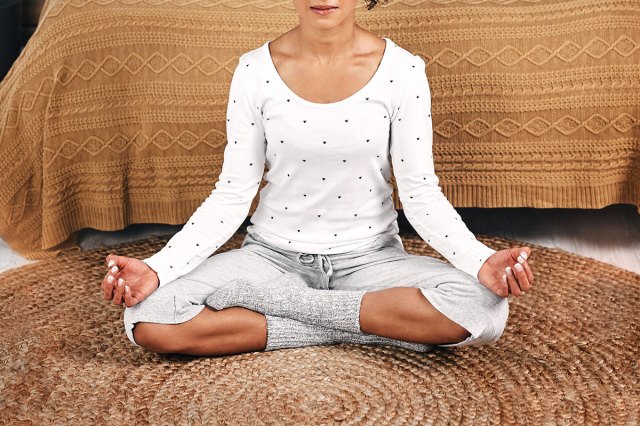
Get Up and Move
It usually takes around 15-20 minutes to fall asleep. If you haven’t been able to fall asleep for about half an hour after lying down, your body isn’t ready for bed. Stand up, go to a dimly lit room, and engage in calming activities such as meditation or knitting for around 30 minutes. Once you start to relax, head back to bed.
Featured Image Credit: Julia Gerasina/ iStock
More From Our Network
Better Report is part of Inbox Studio, an email-first media company. *Indicates a third-party property.
